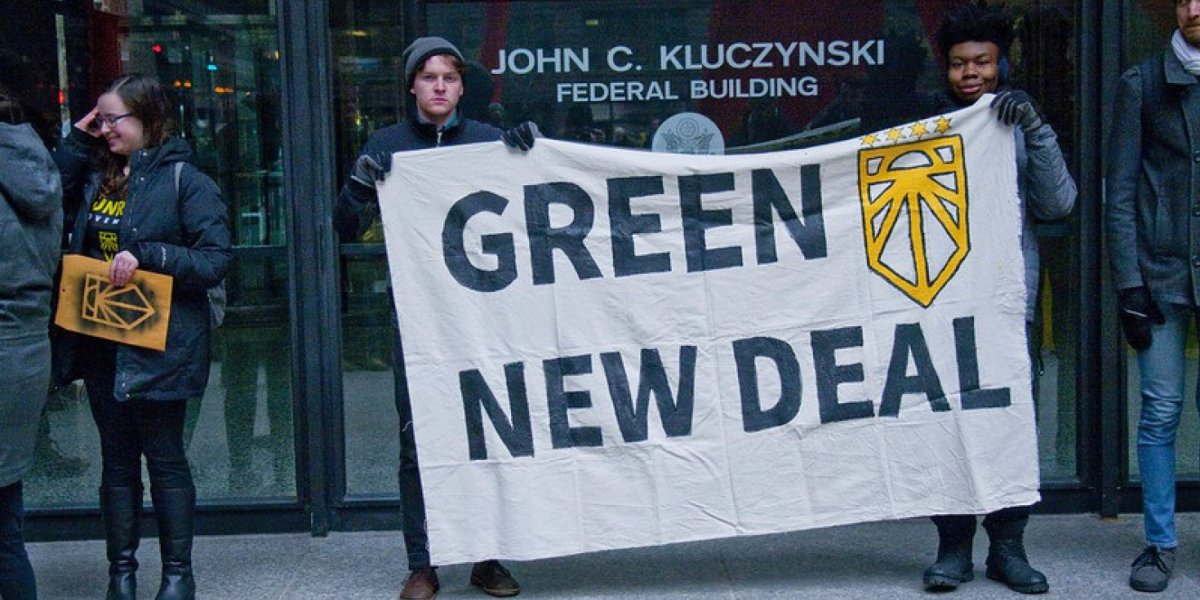Climate Policy
We work on understanding how international and national politics and policies affect each other, as well as the effect of climate policy instruments, focusing in particular on the global climate negotiations, climate policy in the EU, USA, China and Norway.
Foto: Charles Edward Miller.
About the research group
About
We are distinguished researchers within international relations, EU studies, comparative and national climate policy, and Science and Technology Studies (STS).
We study climate policy and politics in a broad perspective, spanning governance, party politics, policy change, policy instruments, different actors’ positions and influence on climate policy and negotiations, synergies and trade-offs between different policies, sectors and goals, public attitudes and polarisation, and science-policy interfaces.
Our researchers cooperate with other leading international scholars of environmental governance. Prof. Arild Underdal is a ‘Foreign Associate’ of the American National Academy of Sciences, and Prof. Elin Lerum Boasson is a lead author in IPCC WG3 on national climate policy. An external evaluation from 2018 commissioned by the Research Council of Norway gave the group and associated research partners a top score, concluding it was “a world-leading group of researchers in the field of international climate policy negotiations and effectiveness”.
Key research areas include:
EU studies. Our researchers explore the development of the EU Green Deal, focusing on climate and energy policies – how they develop in Brussels, how they affect national policy development and how Brexit matters. Theoretically, we contribute to theories relating to European integration and Europeanisation. Also in Norway, this is particularly important and high on the agenda, as highlighted with the joint implementation with the EU of the climate targets.
Comparative climate politics. We analyse and compare political, economic, organisational and other factors for policy development and implementation within and across countries. We follow policy developments in Norway and other European countries, as well as Australia, Brazil, India, and the USA. We have particularly solid knowledge on Norwegian climate policy developments relating to petroleum, renewable energy, energy efficiency, transport, agriculture, REDD+ and carbon capture and storage.
International climate politics. Our researchers have for many years studied the international climate negotiations under the United Nations Framework Convention on Climate Change (UNFCCC). The focus has been on effectiveness in cooperation and agreements, logics, norms and interests influencing parties and other actors in international climate governance, and the relationship between international negotiations and domestic climate policy developments.
Science-policy interfaces. We analyze science-policy interfaces across different policy levels and contexts, such as the policy relevance of the IPCC and other knowledge sources. This string of work is grounded in Science and Technology Studies (STS) and studies the role of expertise (such as climate mitigation scenarios) in climate mitigation, including tensions between different policy targets and sources of expertise.
Synergies and trade-offs. Our research on synergies and trade-offs related to climate policies is important for contributing to solutions that support sustainable development. One issue that we focus on is conflicts between biodiversity and climate measures like in renewable energy projects. We analyse such dilemmas and ways to deal with them, including in light of the Sustainable Development Goals (SDGs).
Public acceptance and polarisation. Climate policies need public support but may also lead to opposition and polarisation. We have several ongoing projects analysing these issues, and how they can be dealt with.
Impact
We experience broad demand for our knowledge from media, policy makers, civil society, and the private sector. We disseminate directly to decision makers in both the public and private sector – enabling them to make better informed climate related decisions. Our results also gain interest abroad, for example at COPs and in Brussels. Our research has had a demonstrated impact on the Paris negotiations as well as on Norwegian climate policies and targets.
Methods
The different researchers have strong competence in mainly four methodological areas: Qualitative research including in-depth analyses of single cases and comparative case studies; quantitative research ranging from surveys, statistics and complex econometric models; formal logic (rational choice models, particularly game theory); and simulations applying agent-based modelling.
Members of the group
Events
COP29: Towards sustainable consumption – the need for policies that work. Examples from the Nordic countries
14:30 - 15.15 at COP29 in Baku, 11.30 - 12.15 CET online
In rich countries, consumption-based GHG emissions are typically higher than territorial GHG emissions. Both types of emissions have decreased but too slow to be in line with international agreements. In this seminar a recent report from the Nordic Council of Ministers (Policy Options for Reducing Consumption-Based Emissions - A Nordic Survey) is presented. The report suggests efficient policies that address GHGs, other pollutants and also improve public health as well as environmental quality.
